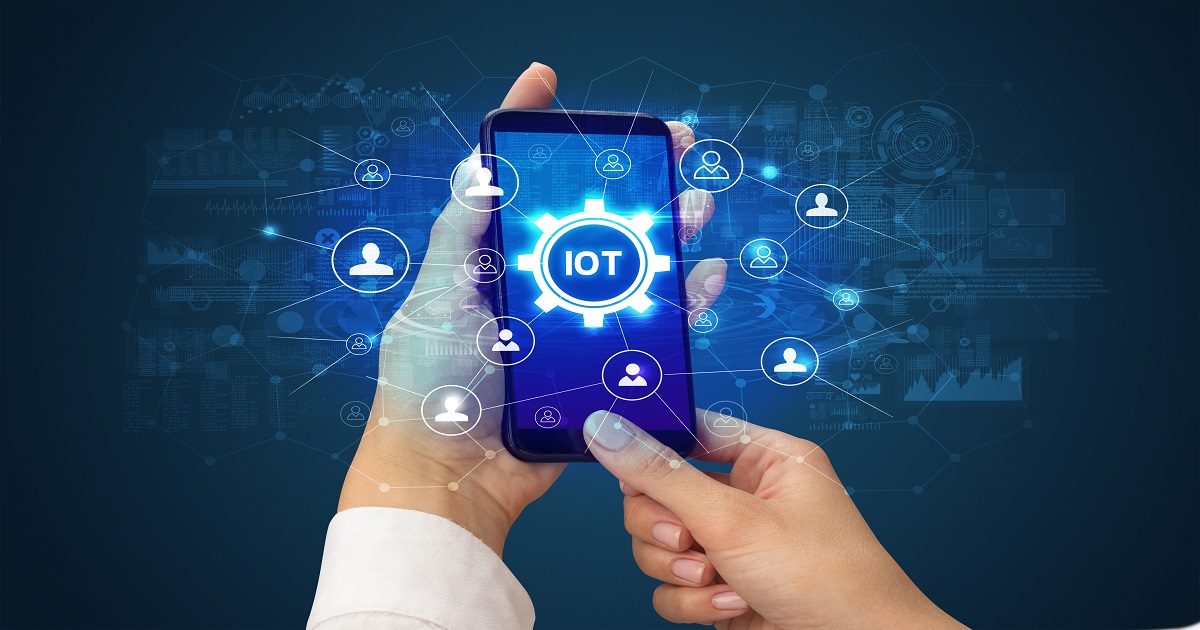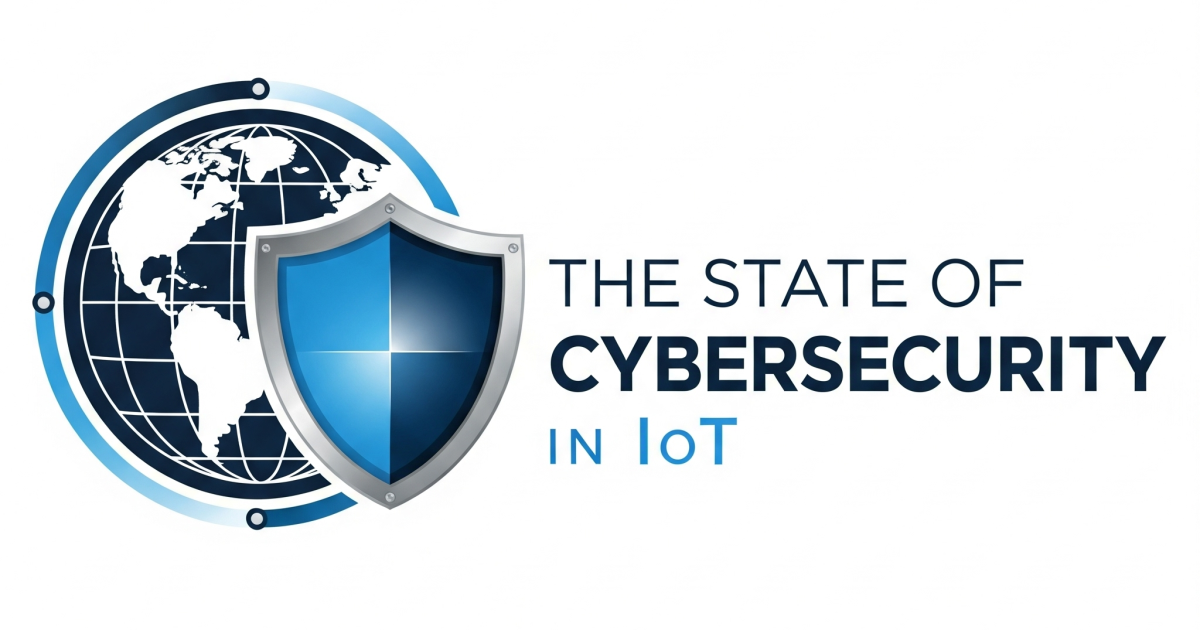
On Friday, I rounded out the week with new IoT market data from the specialist forecasters and strategic analysts at Juniper Research; it dove into statistics regarding the global demand for eSIMs and iSIMs, as well as other on-the-cusp transformations for mobile connectivity solutions. (Read that story here.)
Today, we’ve got more research from Juniper to cover:
A new study Juniper’s team published has reported that the global number of cellular IoT devices “will increase from 3.4 billion in 2024 to 6.5 billion by 2028.” This new research was part of a comprehensive assessment of the cellular IoT market to date, including in-depth forecasts from 60 countries and a dataset with over 34,500 market statistics covering the aforementioned time period. (It can be found in full here.)
The long-story-short details:
- Despite the expected climb by 2028, Juniper predicts that such growth will require “the deployment of new services enabling the efficient automation of IoT device management and security.”
- Additional impacts to cellular IoT have included (and will include to include, per Juniper) digital twin developments, the proliferation of eSIMs, cellular IoT satellite connectivity monetization (and value-added services therein), federated learning applications for cellular IoT, system integrators’ approaches to cellular IoT devices, software and programs, and even quantum security for cellular IoT management platforms, including “quantum-resistant cryptography and quantum key distribution.”
- The Juniper Research Competitive Leaderboard also highlights 18 IoT vendors with, quote, “key player capability” in this space – AT&T, AWS, BICS, Cisco, Deutsche Telekom, Huawei, iBASIS, Kore Wireless, Microsoft, Oracle, Orange Business Services, PTC, Tata Communications, Tele2 IoT, Telefónica Global Solutions, Telit Cinterion, Verizon and Vodafone Business.
Lastly, the research (as one Juniper representative noted), “identified intelligent infrastructure management solutions that enable IoT users to automate the configuration of devices, security processes and connectivity in real-time, as key to handling the large increase in cellular data.”
All-around valuable stuff, we’d say.
Again, read more findings from Juniper Research here.
Edited by
Greg Tavarez





